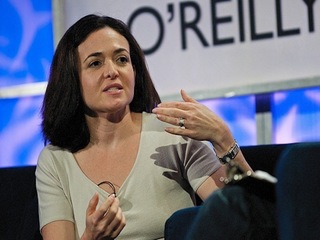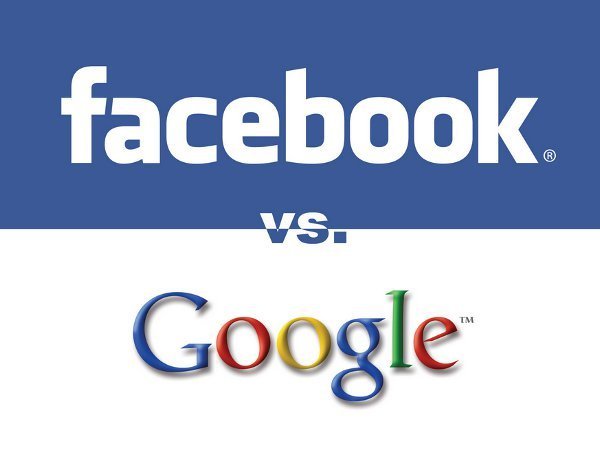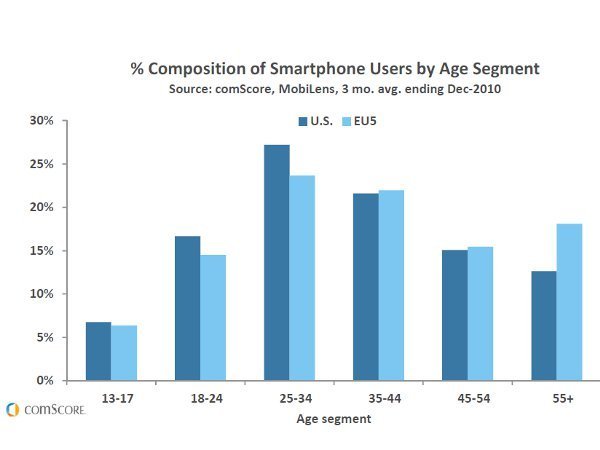
Many of the top executives at Internet giants have been missing from there offices for the last few days since they have been rubbing elbows and giving updates on their companies at the Digital-Life-Design Conference 2012 in Munich.
Facebook’s COO, Sheryl Sandberg was the final keynote speaker at the conference Tuesday at the first DLD Conference she has ever attended before and she spoke about the stellar year Facebook had in 2011 and where it is going from here.
Sandburg told conference goers that social media is no trend that will burn out, it has become part of our daily lives from this point on.
“What we do online and on our mobile devices is increasingly about who we are,” said Sandberg. And she pointed out that this shift is a self-satisfying change from the anonymity that was part of the early Internet environment.
In the past year, Facebook has added $15.3 billion in value to the European economy, Sandberg shared. Businesses and governements are able to market, share, sell and gain perspective on Facebook and other social media, which has been highly lucrative for those that made the technology a part of their business plan.
Social media is constantly reshaping opportunities for economic growth and added 230,000 jobs in Europe in 2011.
Facebook is setting up a small business marketing campaign where it will give 100€ in credits to 50,000 businesses for marketing on the site. The social network will work with local partners to dole out the credits to these small businesses.
“People who have integrated Facebook don’t only get more traffic with us, but their users are also more engaged,” said Sandberg, who pointed at the success of Huffington Post gaining such a strong readership because of its deep integration with social media.
Sandberg specifically pointed out Spotify’s great success on the Facebook platform. Spotify has added 7 million additional users since its U.S. launch over the summer. Since the Facebook partnership, the Swedish-born Spotify has added 2.5 million paying customers.
Some 50% of Facebook users have connected with at least one small business on the social media platform, thus gaining marketing information and sharing insight about the company online.
Facebook has grown its European presence greatly over the last year. In October, the company even announced that it would open a server farm in Lulea, Sweden.
With 800+ million profiles and troves of data, Facebook needs a lot of power and a lot of servers, and Facebook would grow its European staff sizably for this new addition.
This would be the first server farm that the Bay Area company has commissioned and is expected to be a multi-million dollar “mini town” in the frigid climate that averages near 35 degrees fahrenheit. The temperatures and isolation are a draw for technology companies that want space and climate conducive for housing servers that could span several football fields of terrain and equate to the energy consumed by tens of thousands of people.
Most of the Facebook servers are housed in California, Virginia and North Carolina so this first moved to house servers outside the US is momentus and was not embarked upon lightly.
Lulea is approximately 60 miles south of the Arctic Circle and has serious infrastructure for hydroelectric power that can help Facebook go greener and run its system on renewable energy.
Once the farm is up and running, it will add about 300 full-time positions will be required during the first three years.
In the speech, Sanberg continuously pointed out the great changes that businesses and governments have made in order to take advantage of the connectivity that social media provide — making our world much bigger and smaller at the same time.
Sandberg pointed at the key tools available and being used to change politics and economics because of social media — which has helped bring reliable news to the masses in real-time, allowed governments to crowd-share constitutional changes and has spurred a whole new economic driver.
“What we are seeing in the world is the balance of power is shifting,” said Sandberg. ‘The old rule just don’t always apply any more and a lot of the new rules are being written by people that don’t even know they are writing them.”
(Image Source: Curiousontheroad.com)





















